US Privacy: APRA's Role in Ensuring Data Privacy Compliance
UniConsent
Table des matières
As data privacy regulations continue to change around the world, marketers need to remain vigilant. The April 2024 American Privacy Rights Act (APRA) marks a major step toward establishing a unified federal data privacy framework similar to the EU General Data Protection Regulation (GDPR) in the United States.
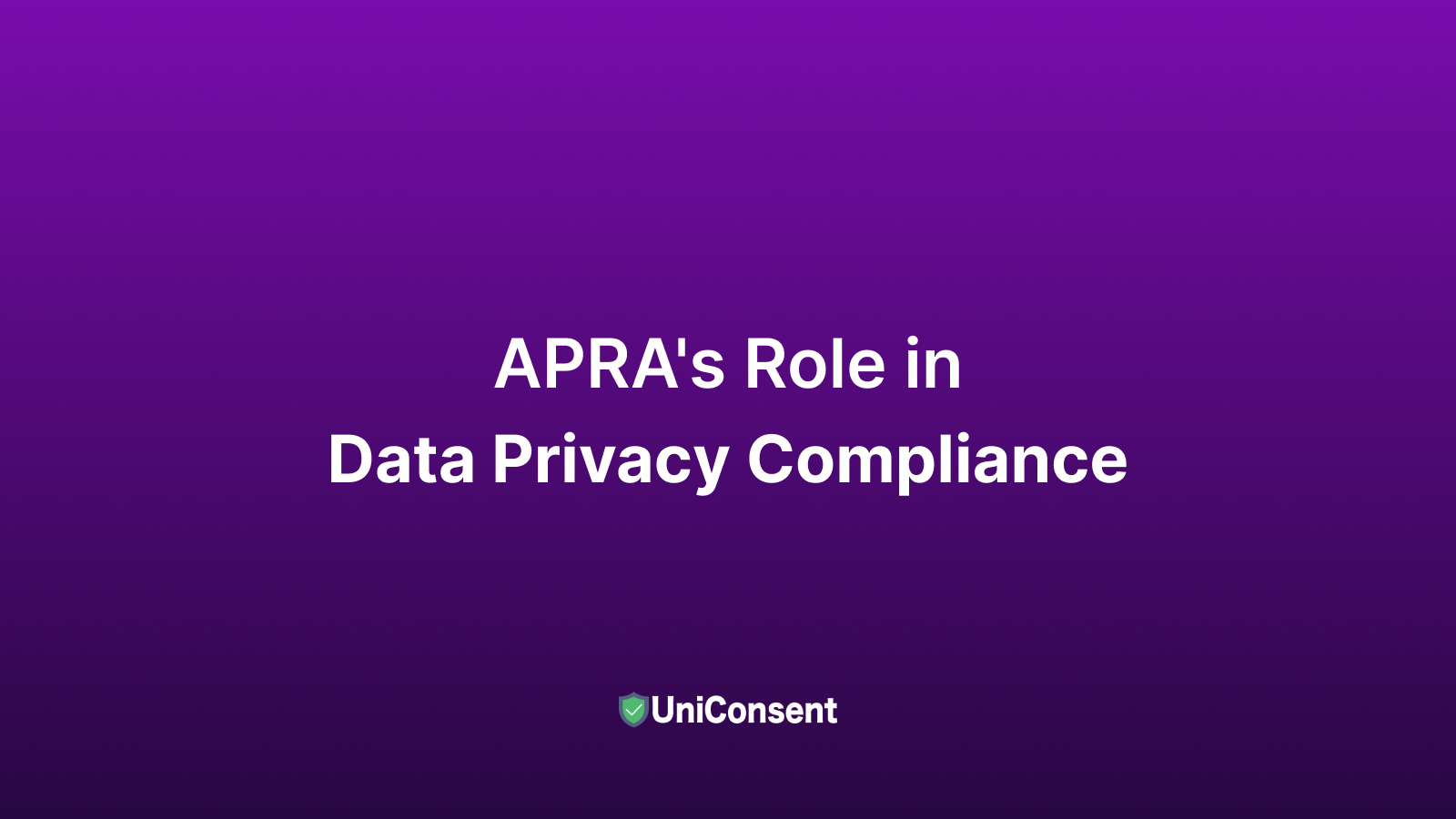 APRA's role in data privacy compliance
APRA's role in data privacy compliance
The proposed legislation seeks to grant U.S. citizens comprehensive privacy rights, including the ability to access, correct, delete, and export their personal data.
A New Federal Standard
APRA was introduced by House Energy and Commerce Committee Chairwoman Cathy McMorris Rodgers (R-WA) and Senate Commerce, Science, and Transportation Committee Chairwoman Maria Cantwell (D-WA) to create uniform federal standards for data privacy across the United States.
If passed, APRA would supersede most state laws, providing uniform protections for all U.S. citizens, regardless of where they live. The bill outlines specific rights for individuals and imposes strict obligations on entities that process personal data, with enforcement mechanisms including the Federal Trade Commission (FTC) and state attorneys general.
Prioritize data privacy in your customer-facing website
As organizations increasingly rely on consumer data to drive marketing and business strategies, they must adopt practices that prioritize data privacy at every stage. This includes reducing data collection to what is absolutely necessary, establishing secure data pipelines, and carefully vetting third-party partners. Companies should also dynamically enforce consent to ensure that customer preferences are respected in all data processing activities.
Minimizing Data Collection
While consumer data is valuable, it’s important to focus on collecting only the information that’s absolutely necessary for your business needs. By reducing data fields to only those required for retargeting or analysis, you can minimize the risk of a data breach and reduce data management costs. Avoid collecting peripheral information like a customer’s middle name or birthday unless that information directly contributes to your business goals. This practice not only enhances security, but also improves the customer experience by making data entry less tedious, encouraging users to share only the most important information.
Building Secure Data Pipelines
It’s critical to protect consumer data throughout its lifecycle, from collection to deletion. Implementing measures such as role-based access control (RBAC), encryption, and data loss prevention (DLP) software ensures data is protected at every stage. RBAC limits access to sensitive data based on user roles, while encryption protects data from unauthorized access by making it unreadable to intruders. DLP software classifies data based on sensitivity and prevents unauthorized transfers, ensuring personally identifiable information (PII) and other critical data remains secure. In addition, consider using server-side tag management, which performs tags on your website’s server rather than in the user’s browser, reducing the risk of data interception and giving you greater control over data collection and compliance.
Vetting Third-Party Partners
Sharing consumer data with third parties is often necessary but carries additional risks. Given that a large portion of data breaches occur due to gaps in a partner’s security practices, it’s critical to thoroughly vet third-party organizations. Make sure their data protections are as strong as your own, and clearly outline responsibilities and expectations in your data sharing agreements. Re-assess these partners regularly to confirm their ongoing commitment to data privacy, and maintain open communication so that any gaps can be addressed promptly. By being both selective and proactive, you can mitigate the risks associated with third-party data sharing.
Enforcing Consent
Consent is a fundamental aspect of data privacy, and organizations must ensure that consent is enforced not only at the time of collection but throughout the lifecycle of the data. Organizations need to actively enforce consent to make sure that subsequent data handling does not compromise or override customers' clear preferences. Tools such as the UniConsent to offer consumers with full control over data collection, with opt-out capabilities, to automate, streamline, and manage preference communications without expending additional time and effort.
About UniConsent
UniConsent CMP is a globally recognized and certified Consent Management Platform (CMP) catering to leading publishers and serving tens of millions of users daily. By providing a seamless privacy experience, UniConsent CMP helps businesses navigate the post-GDPR era and meet the evolving demands of data protection regulations. Contact us to learn more: hello@uniconsent.com
Activate Google Consent Mode UniConsent to enhance the accuracy of your Google Analytics and Google Ads conversion data.
Set up Google Consent Mode →Commencez à rendre votre site web et votre application conformes au RGPD de l'UE, au CPRA des États-Unis, au PIPEDA de la CA, etc.
S'inscrireRessources de la Plateforme de Gestion des Consents
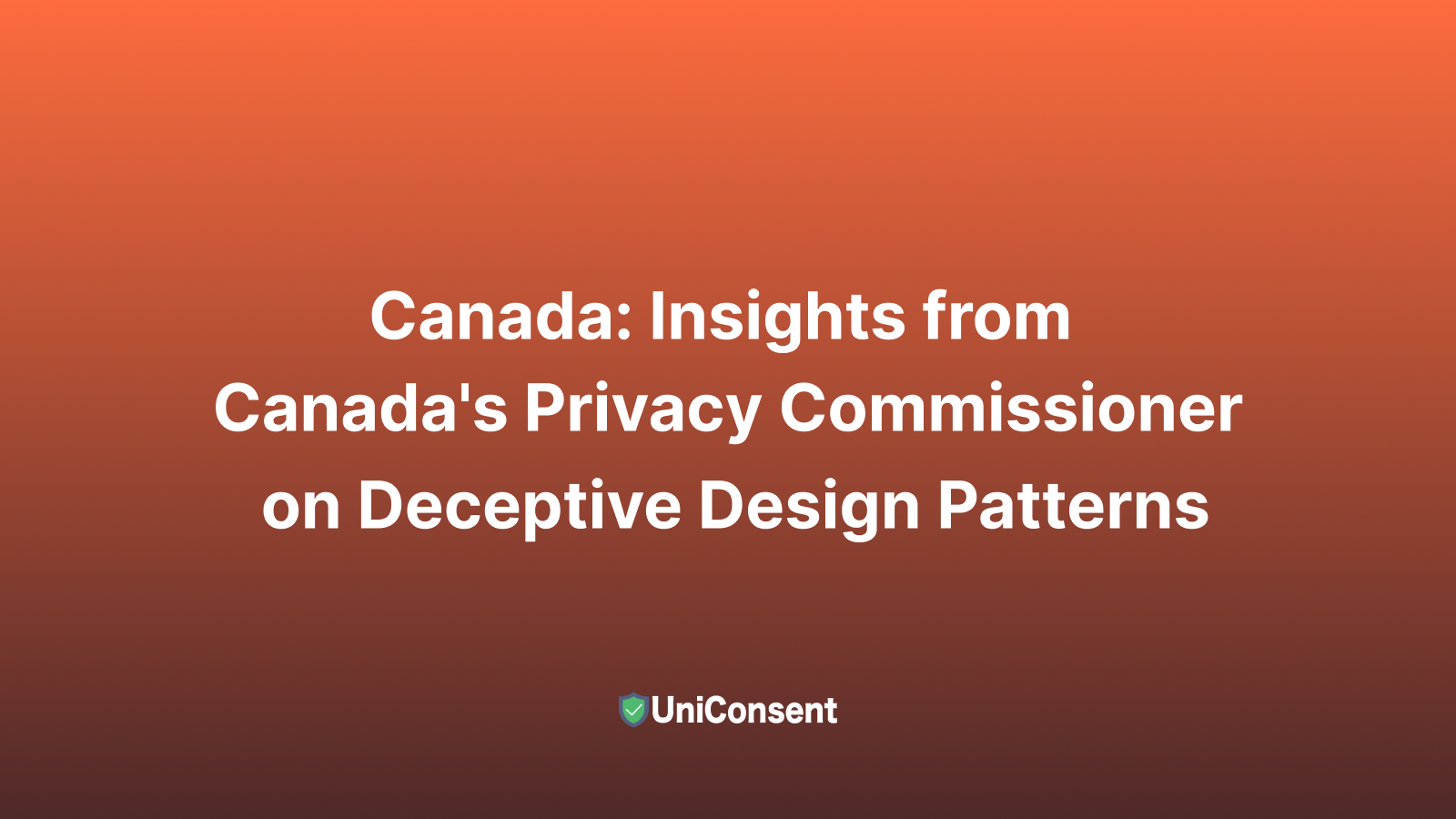
Canada: Aperçu du Commissaire à la protection de la vie privée du Canada sur la lutte contre les motifs de conception trompeurs
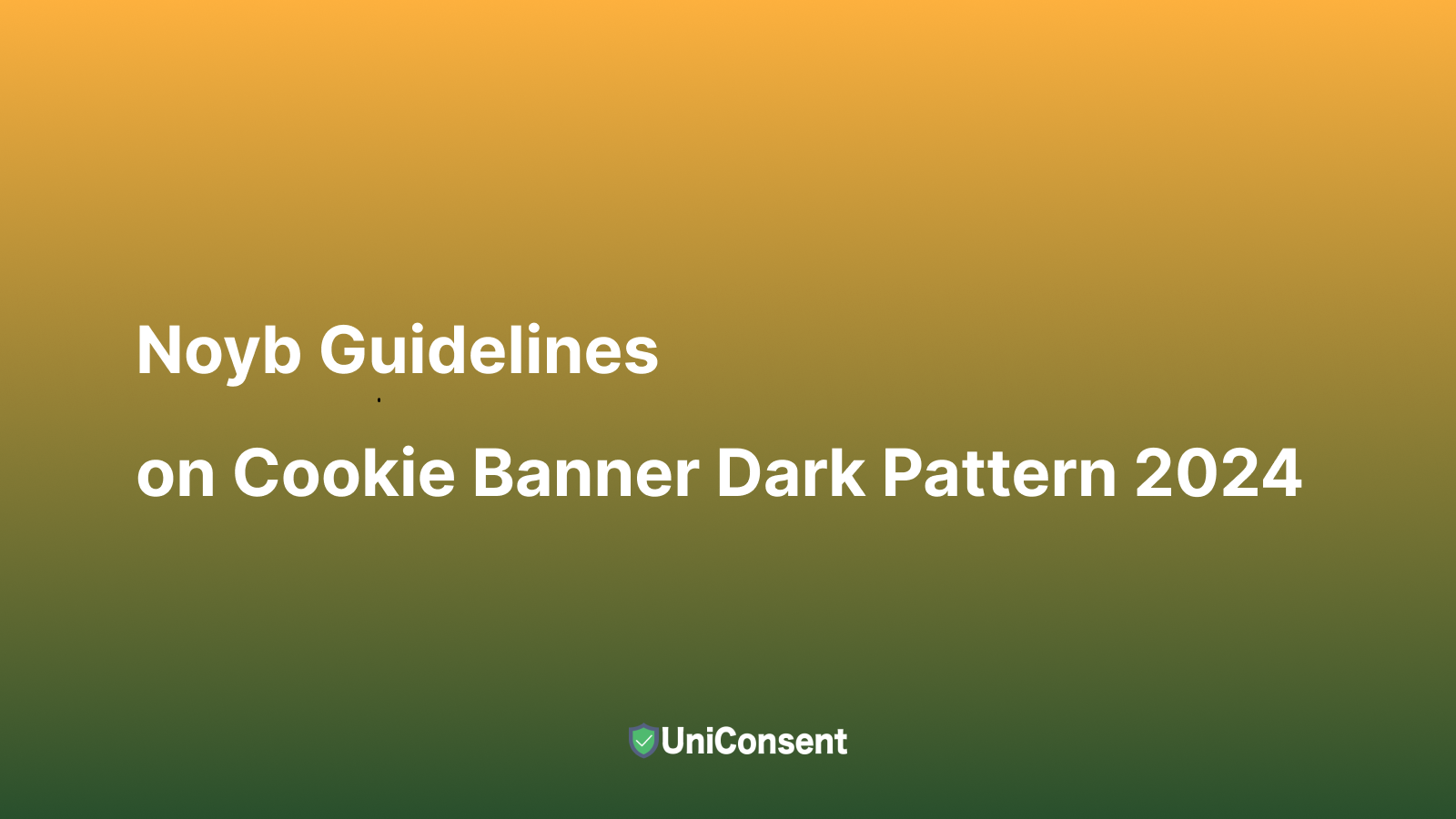
Lignes directrices de Noyb sur le motif sombre de la bannière de cookies 2024
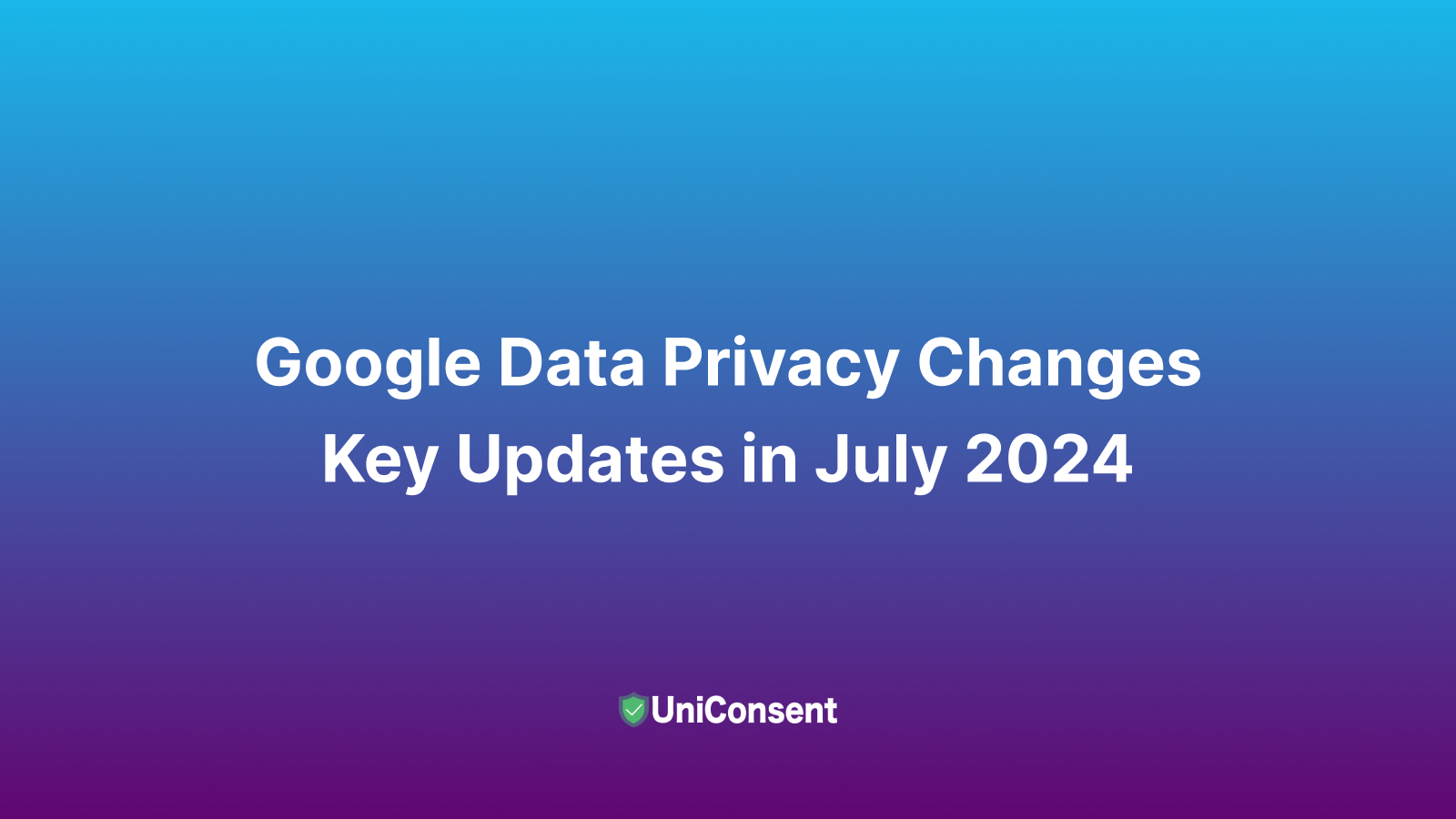
Nouveau changement de confidentialité des données de Google en juillet 2024
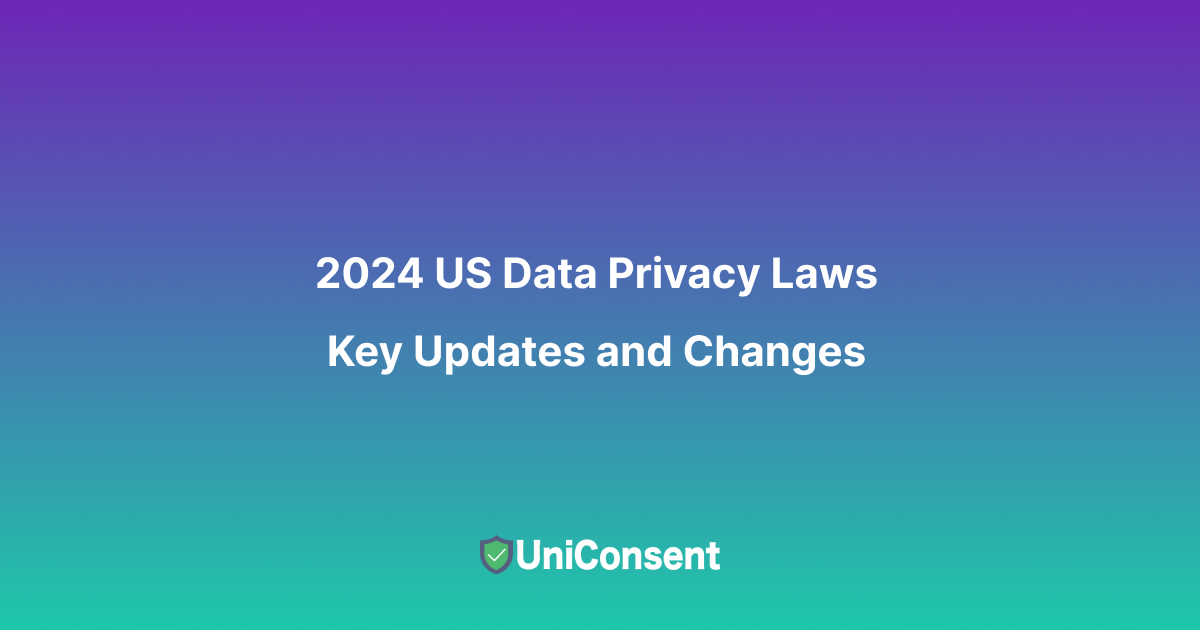
Lois Américaines Sur la Confidentialité Des Données de 2024: Principales Mises à Jour ET Modifications
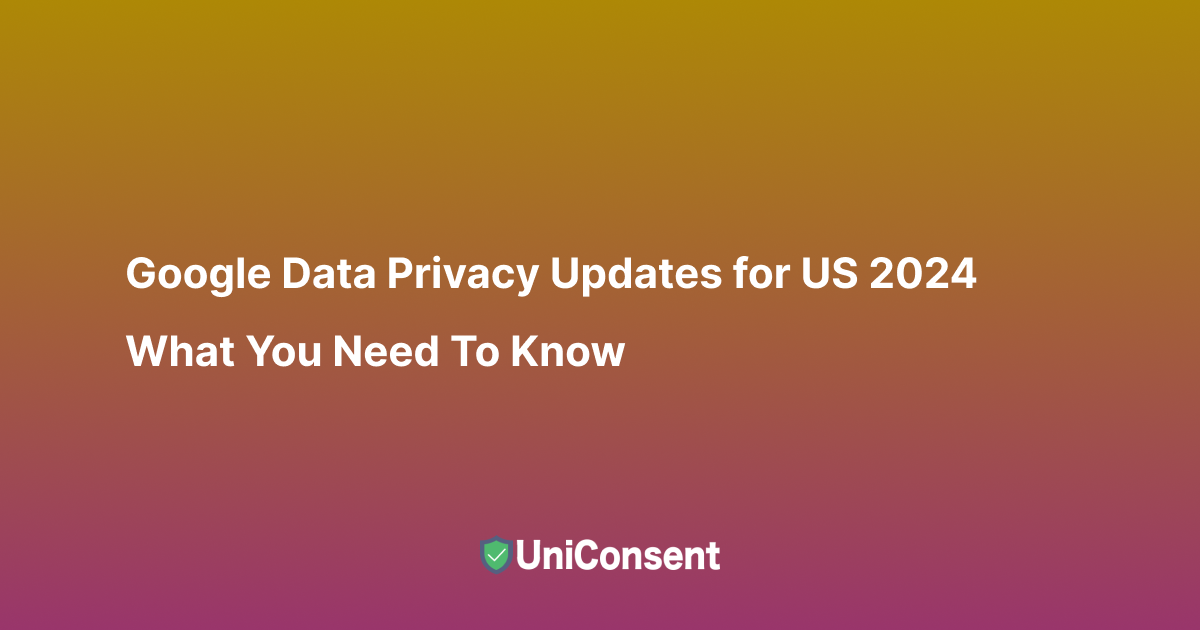
Mises à Jour de Google Sur la Confidentialité Des Données Pour Les éTats-Unis 2024: Ce Que Vous Devez Savoir
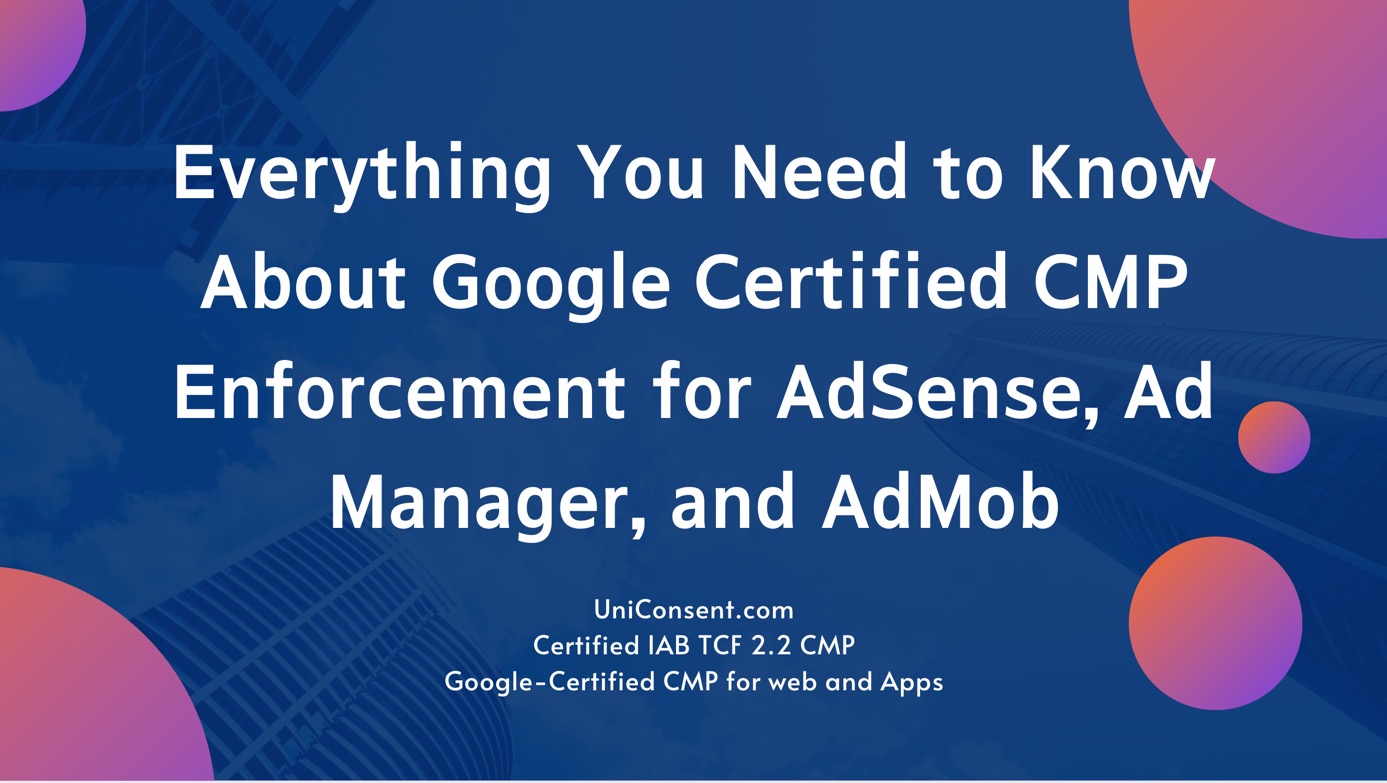
Google Certified CMP : Mise en œuvre de Google Certified CMP pour AdSense, Ad Manager et AdMob
Commencez à rendre votre site web et votre application conformes au RGPD de l'UE, au CPRA des États-Unis, au PIPEDA de la CA, etc.
S'inscrire